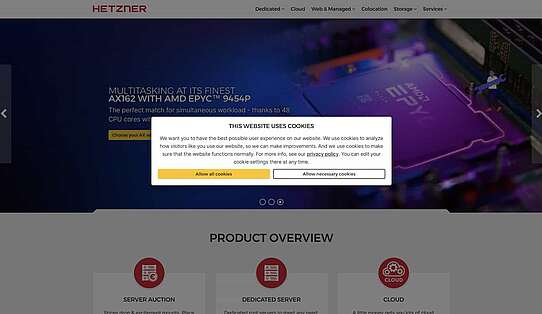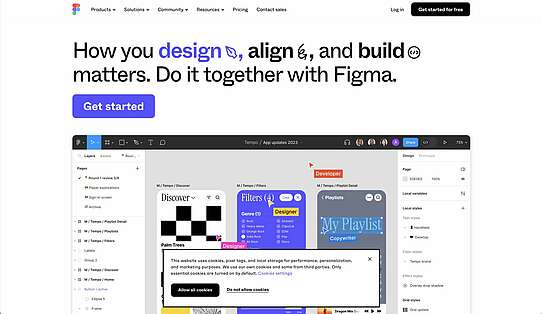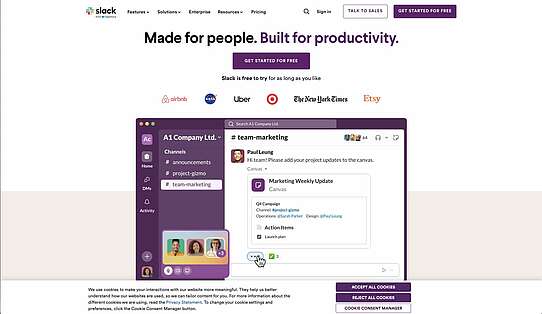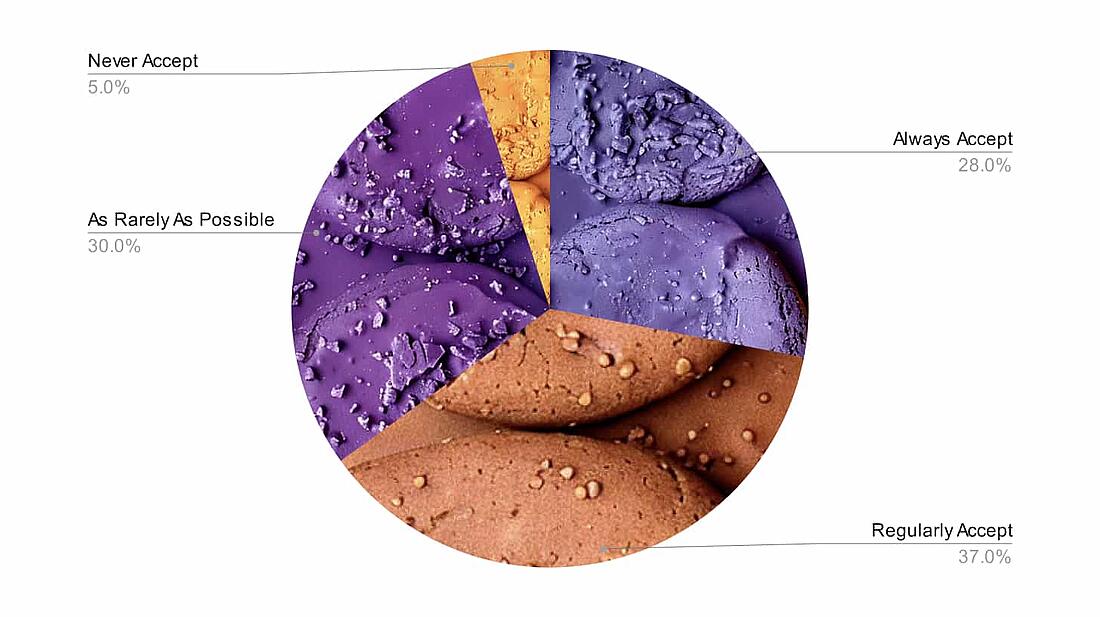- Why Us?
- Features
White Label
For SaaS Platforms & Agencies
Provide our complete analytics suite to your clients, directly within your own interface and with your/their own branding. Discover Analytics-as-a-Service and White Label Analytics. Great benefit, minimal effort.
- Pricing
- White Label
- Success Stories
- ResourcesGetting Started
CONTENTS
- What Are Cookie Banners?
- Cookie Banner Examples
- So Far So Good, But What Are Cookies?
- So, What Exactly Are the Dangers of Cookies?
- ePrivacy, GDPR, and Cookie Banners
- Do I Need a Cookie Banner on my Website?
- Problems with Cookie Banners for Businesses
- But What Do Internet Users Think of Them?
- Frequency of Cookie Consent By Visitors
- How Businesses Can Remove the Need for a Cookie Banner
What Are Cookie Banners?
A cookie banner is a pop up that internet users see when they click into most websites. It informs them about the business' cookie practices and asks for their consent to collect their personal data.
As you can see, there's no shortage of different cookie consent banner designs to choose from, as well as the details that businesses or cookie consent management platforms choose to include in them. However, they generally always have the following information related to a website's cookie practices:
- Details on the types of cookies that the website collects.
- Information on the right to opt out of cookie data collection.
- A link to the business' privacy or cookie policy.
The content included matters if businesses are to meet their legal obligations around personal data. Unfortunately, most cookie banners don't meet compliance criteria but more on that later.
So Far So Good, But What Are Cookies?
Cookies are small text files that a website stores on the visitor's device, and which hold information about their browsing history, preferences, and interactions during their session.
It's fair to say that pretty much all websites use cookies. If, for instance, your website has an account login, provides shopping services, or has systems in place that personalize the user experience, it probably uses cookies to make this possible.
They're also an essential part of many third-party website integrations.
Ad networks use them to track user behavior and provide targeted advertisements based on interests and browsing history. Social media plugins use them to track interactions and provide personalized content. Content Delivery Networks may use them to optimize content delivery, track performance, and provide security features (though our CDN doesn't). Analytics, eCommerce plugins, and customer support tools also do for their own reasons.
The list goes on. But it's important to remember that cookies are not in themselves bad. They're not malware and won't harm your computer, but instead help web developers to give internet users a better online experience.
So, What Exactly Are the Dangers of Cookies?
Cookies collect personal data and open website visitors up to a variety or risks that include:
Privacy Violations: Cookies can track users' browsing habits and store personal information, raising privacy concerns if this data is collected without consent or used for intrusive purposes.
Security Risks: Malicious cookies, such as third-party tracking cookies or session hijacking cookies, can pose security risks by potentially exposing users to malware, phishing attacks, or unauthorized access to their accounts.
Tracking and Profiling: Cookies used for tracking and profiling purposes by advertisers or data brokers can result in targeted advertising, invasion of privacy, and the creation of detailed user profiles without users' explicit consent.
Identity Theft: In some cases, cookies can store sensitive information such as login credentials or financial details, making users vulnerable to identity theft or unauthorized access to their accounts if these cookies are compromised.
Tracking Across Devices: Persistent cookies and cross-device tracking techniques can link users' online activities across multiple devices, leading to a loss of anonymity and privacy as their behavior is monitored and analyzed across different platforms.
ePrivacy, GDPR, and Cookie Banners
It feels like cookie banners have been around forever. But they actually rose to prominence after the arrival of the 2002 ePrivacy Directive, also known as the European Cookie Law or ePrivacy for short. This was a response to growing concerns about online data privacy and the use of cookies for tracking the behavior of internet users.
Despite this, many people associate them with the arrival of GDPR in 2018 and it's true that this law precipitated widespread adoption of cookie banners. Cookie banner GDPR regulations place responsibility on businesses to obtain explicit, opt-in consent from users before collecting and processing their personal data, including the use of cookies.
If you're looking for more detailed information about Europe's data privacy framework and analytics integrations, feel free to click into the link below:
Read the Blog: Data Privacy Legislation and EU Analytics Cookie Compliance
But it's clear enough already that if anyone likes cookie banners, it's European lawmakers. And since GDPR continues to be used as a model for national and regional data protection laws more than half a decade later, we could say the same about other legislators around the world.
But what does this mean for your business?
Do I Need a Cookie Banner on my Website?
The short answer is that if your website uses cookies, then yes you need a cookie banner.
But if your website only uses exempt cookies, then no banner is required. Instead, you can just explain these cookie practices in your privacy policy and add a link in your header or footer to make this document accessible from any webpage.
It can also depend on factors such as your target audience and the data privacy regulations that impact your business. Some countries have looser laws than others and if all your customers come from one of these locations, then you might be ok.
But if you're unsure about your GDPR cookie banner requirements, you can always click into Cookiebot, CookiePro, or another free cookie checker for confirmation.
But What Do Internet Users Think of Them?
Not much, it turns out.
Admittedly, people are more aware about the dangers posed by the internet to their privacy than ever before. But since most cookie banners aren't legal to begin with, they're hardly an ideal solution to this problem. They're just an annoying part of the modern online experience and this is reflected in research on how often they're rejected by website visitors - just look at these figures from France in 2022:
Of course, 28% is much higher than the figure mentioned at the top of this blog but it fails to mention that the vast majority of cookie banners don't meet legal requirements and this raises the question:
That's How the Cookie Banner Crumbles!
Cookie banners are the sunday drivers of the internet - they ruin everyone's experience and stop everything from working as it's intended.
Of course, we would say that. We're privacy advocates, and our mission is to provide businesses with the insights they need to guide online success without putting website visitors at risk.
If you're looking to move away from reliance on cookies, then one good first step is to restrict website integration selection to third-party platforms that respect data privacy.
Why not start today? Sign up to TWIPLA for free and see for yourself the power of privacy-focused website intelligence.
Share article
Get Started for Free
Gain World-Class Insights & Offer Innovative Privacy & Security

















